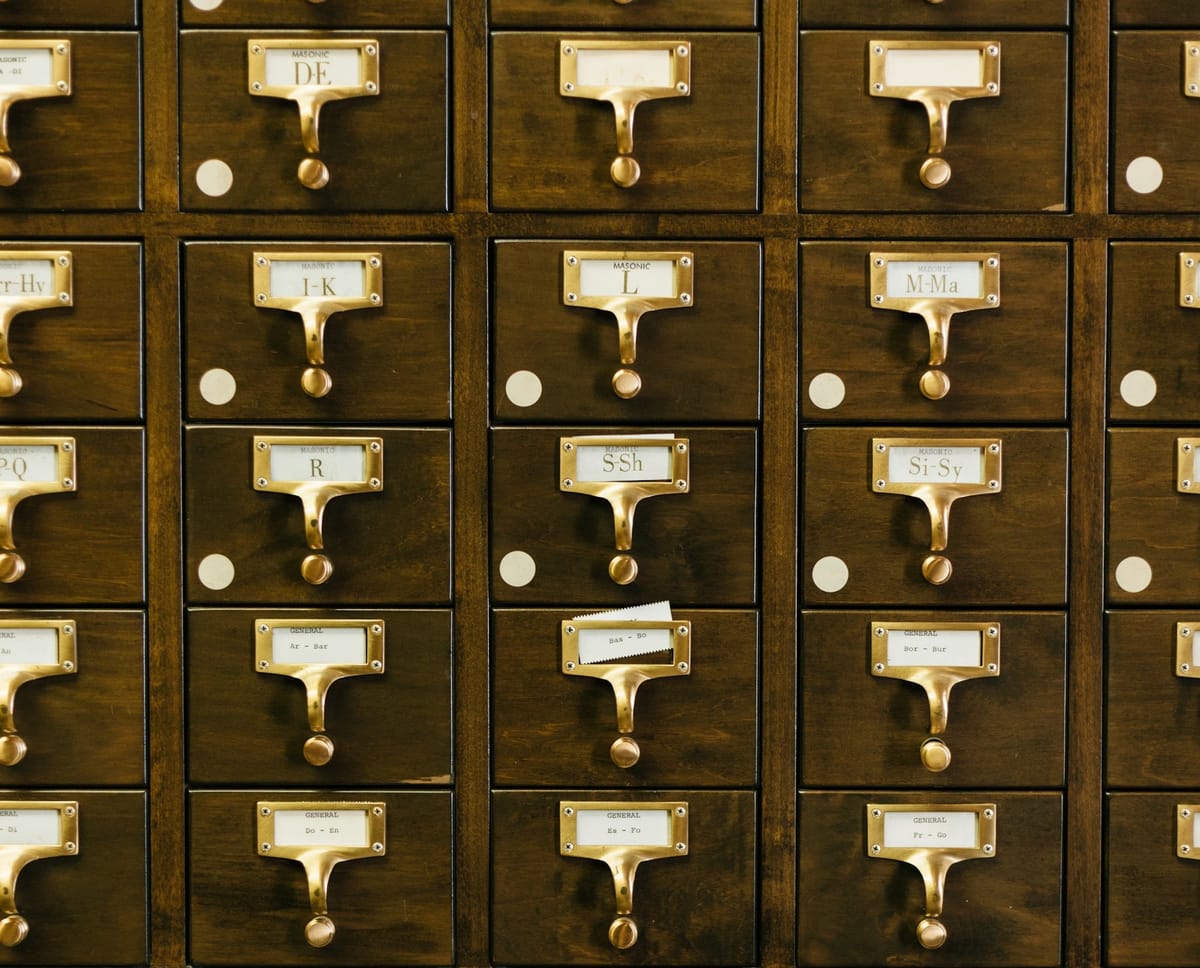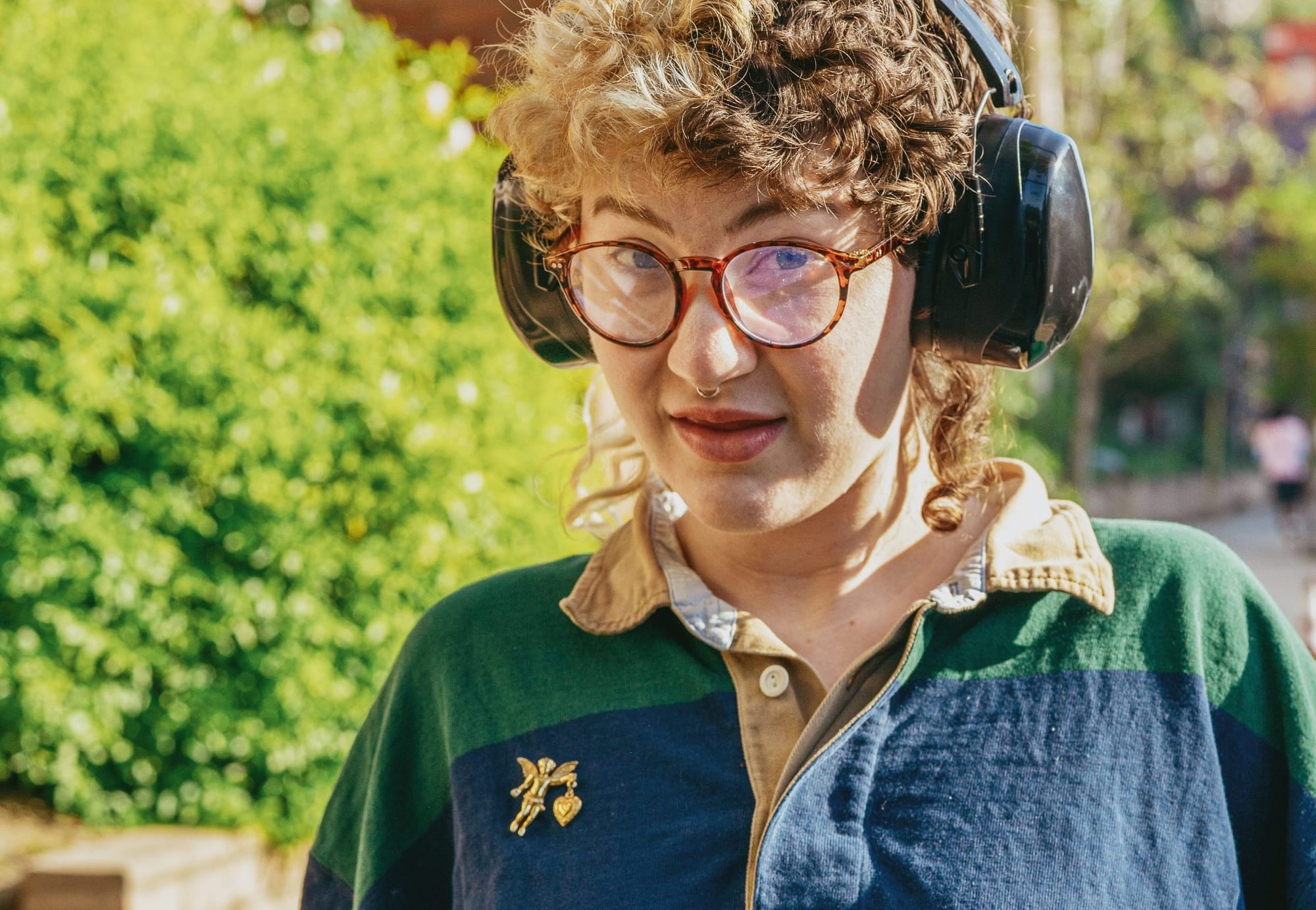Who is your grandchild? Handling labels with care

I am a grandmother. And a parent, daughter, and sibling. And a philosopher, writer, and editor. And a singer, and a Christian. Each of these terms says something right about who I am. But each term also conveys to others a stereotype I don’t fit: the stereotypical grandma doesn’t lift weights; the descriptor “Christian” needs the modifier “progressive.” And “singer”? Well, it’s nice of the conductor to let me be in choir! So each term—each label—is at once true and not true. And each term is a very partial description of who I am overall.
Despite ambiguities like these, labels get wielded socially and politically for various ends. Sometimes the goal is liberation, as when gay people embrace that label and use it to demand visibility and rights. But labels can also be used reductively—that is, as if they were true (full stop) and all-encompassing (full stop)—often with deleterious—even terrible—consequences. Right now, people who are trans are being erased, and “undocumented immigrants” (aka “illegal aliens”)—and some legal immigrants—are being imprisoned or deported by using these labels to drum up opposition to people of their (supposed) kind.

Labels matter
What does this have to do with grandparenting? For one thing, your grandchild is growing up in world in which labels matter. So thinking about how labels work and the ways they matter is important—especially if your grandchildren or members of their families can be labeled under derogatory or perilous terms. Second, even in less fraught cases, like your grandchild having a psychological or medical diagnosis that has the potential to label them—or even a welcome label, like “gifted”—knowing how to respond to labeling is important.
To take a very common example, let’s look at how “ADHD” (attention deficit hyperactivity disorder) works as a diagnosis and a label. Recently, a public school teacher confided in me that 11 of the 25 children in her class had ADHD, per her estimate—most of them undiagnosed. While this could be the case, an 11:25 ratio is very unlikely, given that the expected ratio is 2:25. But the teacher’s claim didn’t surprise me, because our national tendency is to look to internal factors that would drive the kids’ classroom difficulties, as opposed to looking at environmental factors—like a cramped classroom—that could do so. As a society, we are taught to see children’s behavior through an ADHD lens; we think we can pick it out by observing. And when a child has ADHD, we think we know something about them.
Now, “diagnosis” and “label” are not synonymous, in principle. Formal ADHD diagnosis lets me contrast the teacher’s estimate with researched prevalence estimates. Also, a diagnosis could be kept private (so that others wouldn’t label the child), or it could be understood as tentative or imprecise—perhaps a suggestion to aid treatment or self-monitoring (be open to complexity and therefore non-reductive). In practice, however, even formal ADHD diagnosis is notoriously imprecise, and it commonly results in labeling because it brings to bear a host of personal, social, medical, and educational ramifications as people around the child begin to understand that individual as member of the “ADHD” group.
For individuals, some potential effects of labeling are positive: As individuals, children (and adults) diagnosed as having ADHD or other developmental disorders, such as ASD (autism spectrum disorder) often experience a profound sense of relief—phew! It’s not my fault! Similarly, people around them, such as parents or spouses, may become more understanding of behaviors like inattention or hyperactivity. Given the way US institutions are set up, diagnosis/labeling is also what gives access to treatment or accommodations, either or both of which can benefit individuals. Finally, as more people understand and embrace the labels, stigma around being diagnosed/labeled can be reduced. Non-medical labeling, with terms such as “nonbinary” or “first-generation college student,” may also have positive effects like these.
Other possible effects of labeling for individuals are negative. To my mind, the most worrisome possibilities for children are first, that people around them—or the children themselves—begin to interpret them through the lens of the label: their every behavior, mood, accomplishment, or failure can get interpreted as a manifestation of or perhaps as a “rising above” their diagnosis/label. Such essentializing reduces the child’s complex existence to a single framing that overemphasizes one aspect of their being— a hazard even with positive labels like “talented” or “prodigy.” Second, the flip side of self-acceptance (that “phew!”) is that the child may self-define in ways that make the diagnosis/label a self-fulfilling prophecy (maybe not so bad with positive labels? Not sure.). Self-stigmatization is a third concern: I was put in the category “fat” as a child, and to my chagrin, I will always see myself that way.
Socially, as opposed to individually, the chief concern about labeling, in my mind, is that destigmatization doesn’t work—stigma just morphs to new forms. Certainly, groups have reclaimed labels, embracing and affirming them as a way to create a positive identity and assert power—the labels “queer” and “Black” are prominent examples, and the neurodiversity movement has made much headway in destigmatizing mental disorder/difference. The problem is that for whatever reason, large swaths of society still find new ways and reasons to discriminate against certain groups—notice the pushback now against DEI (diversity, equity, and inclusion), and against those who identify as trans. Similarly, “ADHD” retains potential for stigmatization, because the associated behavioral traits grate against work, family, and social expectations. In other words, labeling may help with group solidarity, or with access to aid, but it also helps with identification of the “other.” And in the wrong hands, the “other” will be persecuted: Among the central issues with labeling is who controls the label.

All due caution
How, then, do caregivers weigh the benefits and risks of labeling? For developmental disorders like ADHD or ASD, one suggestion is to consider the severity of a child’s limitations: “In cases where traits or limitations are chronic and relatively immune to influence, as with various (severe) forms of ASD, there are fewer concerns about the self-fulfilling effects of labels and thwarting effective coping strategies. By contrast, in cases where there is more room for transformation of traits and behavioural patterns, identification may indeed cause stagnation, undermining possibilities for improvement...” There’s still plenty of room for puzzling over what counts as severe enough, and how to mitigate any negative effects, but this guidance is a start.
More generally, in a time when labels are once again being weaponized, on top of concerns about self-stigmatization, reductionism, essentializing, and self-fulfilling prophesies, I argue for caution in labeling or diagnosing/labeling children. Even as “gifted.”
Parents, of course, are usually the ones who will make the decision about whether their child will benefit from a diagnosis or other type of label, weighing pros, cons, and their own hopes, concerns, or desperation. If grandparents are worried one way or another, they can gently and in a limited way provide information for the parents’ consideration. But then it’s time to back off (unless of course there is imminent danger—that’s another story) and respect the decision and whatever label is in use. The one thing I highly recommend to grandparents, however it goes, is that they use their bit of distance on decision-making and day-to-day care to always be seeing the grandchild as an individual, not as a representative of a label. Your job can be to connect to that child, in all their uniqueness. And what a joy—and a gift—that is!